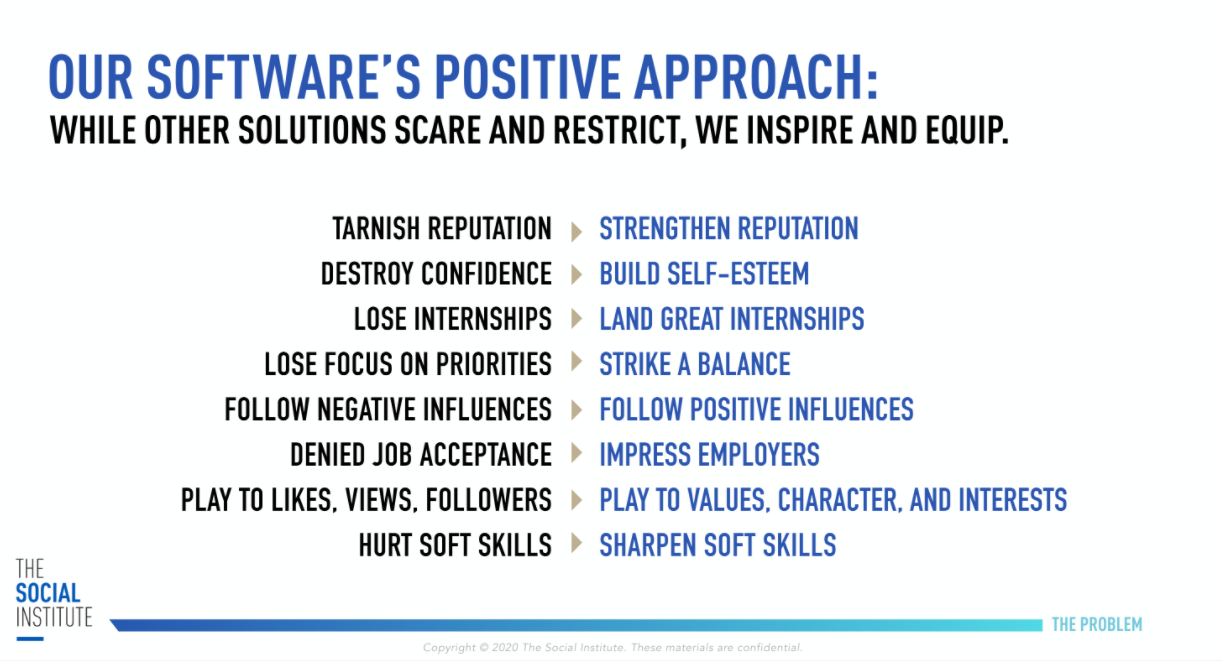What Would You Do if I Sang Out of Tune? Social Media and Teens
I wrote last week about how social interaction is the defining aspect of humanity and showed the teen suicide rate from the CDC. I said I'd talk solutions this week. And I will!
But first, mail from DS reader Nir Eyal who writes: Please see this video on the topic (start at 12:00) and slides here with a more nuanced view of the teen suicide rate and social media use. Interesting! For example:
The rise in suicide rate is most evident in rural areas, potentially those with lower internet penetration.

Lend me your ears and I'll sing you a song: There are solutions
Where Nir and I agree is the huge opportunity to teach young people the ways to use social media as a positive. This is a tricky space, however. It's easy to be out of touch and fail what my friend Laura Tierney calls 'the snicker test.' Which plainly is: do the kids laugh at you why you try to discuss Snapchat or Toktik? I mean TikTok ;) Snickering is the sound of your credibly flying out the window in front of a GenZ.
Laura knows because she founded a company called The Social Institute that provides a turnkey curriculum to build character and teach students how to use social media positively (disclaimer: I'm an investor). It includes a dashboard of data-driven insights for schools to get a sense of the emotional well-being and decision-making of their students, benchmarked against national averages. They ensure that adults don't fail the snicker test.

I've learned a lot from Laura. She'll often say say "Social Media is game. A game we can win." And as a 4x All-American athlete and Duke Athlete of the Decade, she knows how to win games. And there's no way to win a game but with a positive mindset and with a little help from your friends.
|